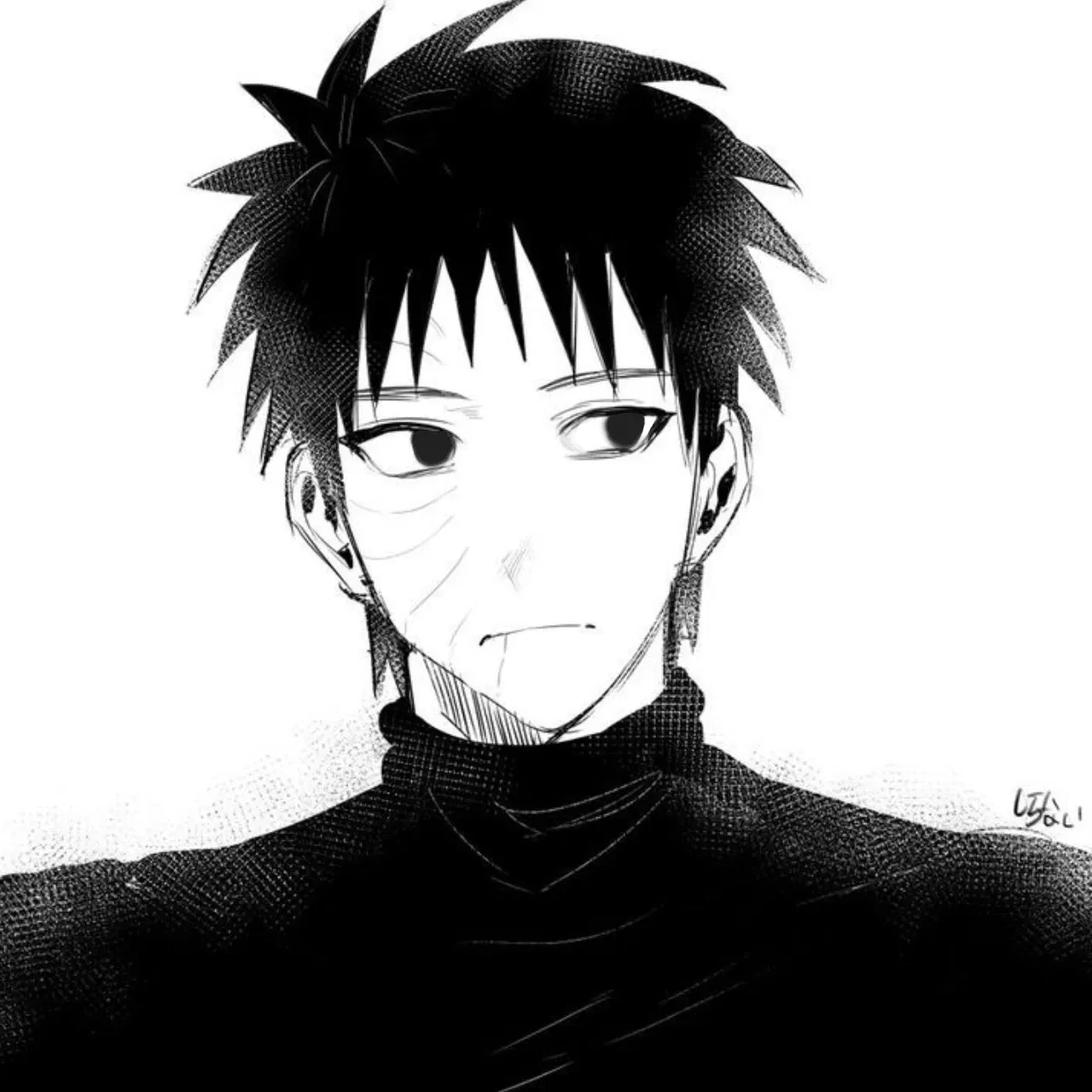The term kuudere is derived from the English word "cool" (クール, kūru) and "deredere" (でれでれ), meaning "lovey-dovey". In stark contrast to the dandere's shyness, the kuudere maintains a cool, calm, and collected demeanor. They often appear emotionless, stoic, or distant, exhibiting a remarkable ability to remain composed even in stressful situations. However, like all "dere" types, they possess a hidden, warm, and affectionate side that is revealed only to those they deeply care about or trust. * External Calmness and Aloofness: Kuuderes are defined by their composed, often expressionless, and seemingly detached exterior. They might speak in a monotone voice or have minimal facial expressions. This "coolness" is a conscious choice or an inherent part of their personality, rather than a symptom of shyness. * Internal Self-Confidence and Logic: Unlike the insecure dandere, a kuudere is often confident in themselves and their abilities. They are typically logical, rational, and level-headed, often serving as the "voice of reason" in a group. They have minimal internal conflicts, self-doubt, or indecision. * Subtle Affectionate Reveals: Their "deredere" side is not easily shown and comes out subtly, often in small gestures, quiet support, or rare moments of emotional vulnerability. This creates "gap moe" (ギャップ萌え), where the contrast between their usual cool demeanor and their sudden warmth is endearing. * Initiative and Control: When they do decide to express their feelings, kuuderes are often in control and can take the initiative, demonstrating a focused approach to their love life. This contrasts sharply with the dandere's internal struggle to confess. * Mature and Observant: Often mature for their age, kuuderes are keen observers who process information thoroughly before acting or speaking. Their quietness stems from a preference for thoughtful consideration rather than an inability to communicate. The kuudere archetype embodies a different facet of quietness, one rooted in self-possession and controlled emotional expression. * Emotional Regulation: Kuuderes demonstrate a high degree of emotional regulation, choosing to keep their reactions subtle and internal. This can be a sign of maturity, self-discipline, or a personality that naturally operates on a more even keel. * Comfort in Detachment: For a kuudere, detachment isn't a struggle but often a comfortable state. They are content with their own thoughts and don't require constant external validation or stimulation. This can lead to them being perceived as unapproachable or even intimidating by others. * Strategic Communication: When a kuudere speaks, their words often carry weight because they are not prone to idle chatter. Their quiet nature allows them to be excellent listeners and keen observers, enabling them to offer precise and insightful remarks. * "Honne and Tatemae": The kuudere's dual nature aligns with the Japanese cultural concepts of honne (true feelings and desires) and tatemae (the facade or public behavior). The kuudere's cool exterior is their tatemae, while their affectionate core is their honne, revealed only to those privileged enough to see it. This contrast creates dramatic tension and satisfying character development. * Rei Ayanami (Neon Genesis Evangelion): Considered one of the most influential and archetypal kuuderes, Rei is famously stoic, quiet, and seemingly devoid of emotion. Her rare moments of vulnerability and subtle displays of care are incredibly impactful and deeply cherished by fans. * Yuki Nagato (The Melancholy of Haruhi Suzumiya): Yuki is a quiet, analytical "humanoid interface" who rarely speaks and shows little to no emotion. Despite her detached nature, she harbors genuine concern for her friends, especially Kyon, which she expresses through her actions and occasional, understated warmth. * C.C. (Code Geass): C.C. maintains a calm, aloof, and somewhat cynical demeanor throughout much of the series. While she often appears bored or indifferent, she develops a deep, understated bond with Lelouch, offering him critical support and showing rare flashes of genuine emotion. * Hishiro Chizuru (ReLIFE): Initially, Hishiro appears cold and emotionless, struggling with social interactions to the point of having a "terrifying" smile. However, as she builds relationships, particularly with Arata, her underlying kind, curious, and even goofy personality slowly emerges. * Akira Tachibana (After the Rain): Akira presents as a cool, quiet, and mature high schooler who is confident in her passion for running track. While she might seem aloof, she also carries inner turmoil related to an injury, and her quiet crush on her much older boss, Mr. Kondo, leads to more proactive (though still reserved) expressions than a typical dandere. These characters, through their reserved strength and eventual warmth, demonstrate the powerful appeal of the kuudere – a reminder that quietness can mask profound depth and loyalty.





